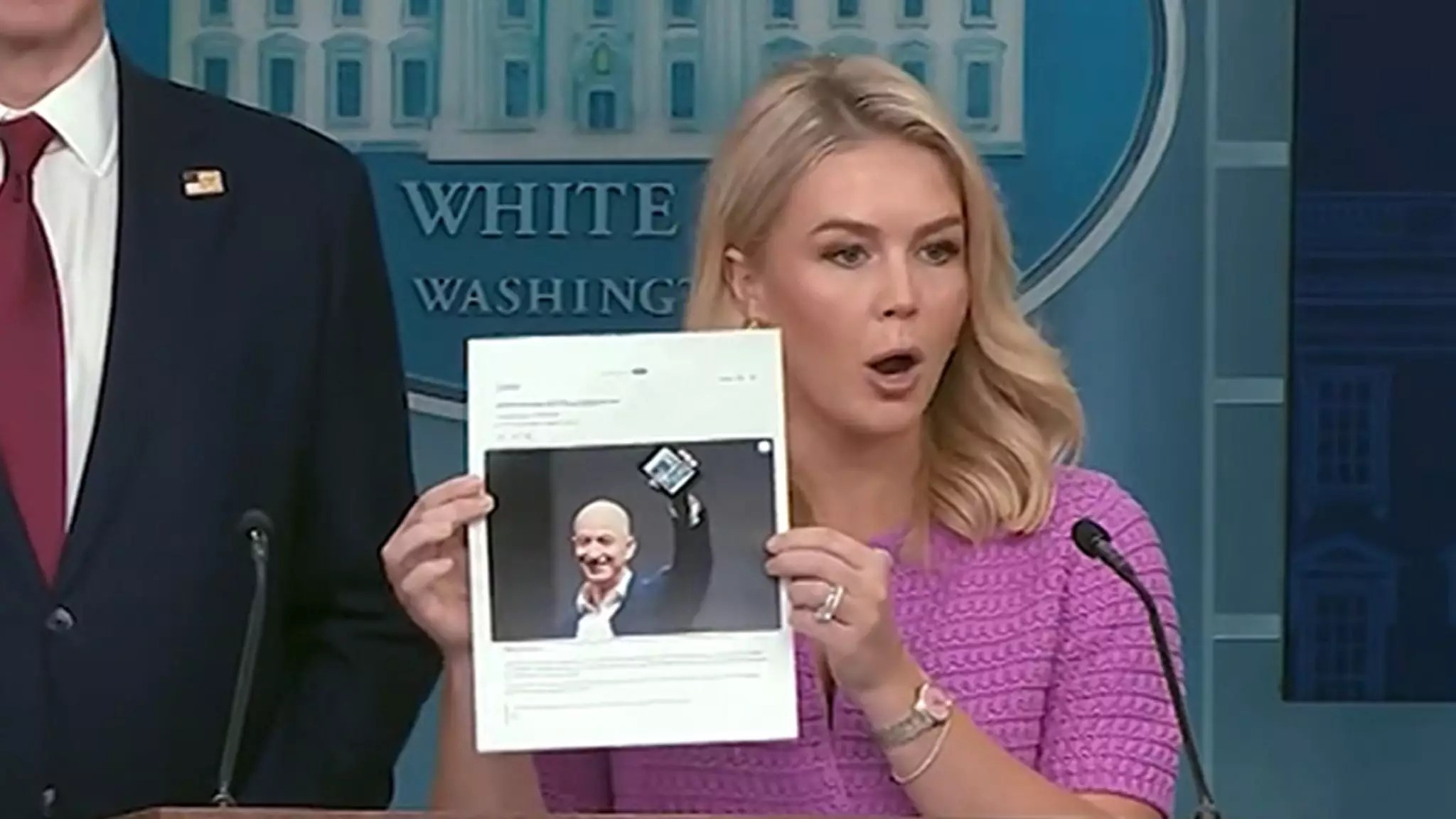In the current climate of heightened political division and corporate-government tensions, Amazon’s recent proposal to display the impact of tariffs on consumer pricing has sparked a fiery debate. Is this a genuine effort to promote transparency, or a calculated maneuver to undermine the current administration? As the White House dismisses the initiative as a “hostile and political act,” the implications extend far beyond the realm of rhetoric, touching on vital questions of corporate accountability, economic stability, and the delicate balance between the private sector and public policy.
Transparency or Partisan Agenda?
At the heart of the matter lies a fundamental question: Is Amazon’s proposal a sincere attempt to empower consumers with information, or a thinly veiled political tactic? Advocates of the initiative argue that transparency in pricing, especially regarding the impacts of tariffs, allows for more informed purchasing decisions in an increasingly complex economic landscape. However, skeptics view this move through a different lens, accusing Amazon of using its platform to wage a partisan attack against the current administration.
The White House’s response, questioning why similar actions were not taken during the previous administration, further muddies the waters. This challenge raises critical questions about consistency and impartiality in corporate communications. Could Amazon’s actions be perceived as lacking equal-opportunity reporting on the economic effects of different administrations? This perceived lack of balance casts a shadow on whether the company is genuinely committed to transparency or primarily driven by political motivations.
Amazon’s Response: Backtracking or Careful Maneuvering?
Amazon’s swift rebuttal, stating that the tariff discussion was limited to their low-cost Haul store and not applicable to the broader Amazon ecosystem, adds another layer of complexity to the narrative. This response suggests a careful reconsideration of their previous statement and, by extension, an attempt to mitigate backlash on a perceived political tool. However, this kind of reactive communication raises questions about corporate strategy and the potential ramifications of acquiescing to political pressure.
When a company as influential as Amazon engages in any political discourse, the implications can reverberate across the economy, consumer behavior, and even international relations. As Treasury Secretary Scott Bessent warns, this experience could lead to significant job losses in China as a result of tariffs, highlighting the fragility of global supply chains.
The Broader Economic Implications
The politically charged interactions between Amazon and the government transcend the realm of rhetoric, as they have significant economic repercussions. The complex dance of international trade policies, where economic decisions can lead to consequences affecting thousands of jobs and entire industries on a global scale, underscores the high stakes at play.
As tensions between government and corporations continue to escalate, how Amazon handles this situation could set precedents not only for its own operations but also for the relationship dynamics within the broader realm of corporate governance and public policy. Clarity in communication will be crucial as consumers navigate a landscape increasingly influenced by political undertones.


Leave a Reply